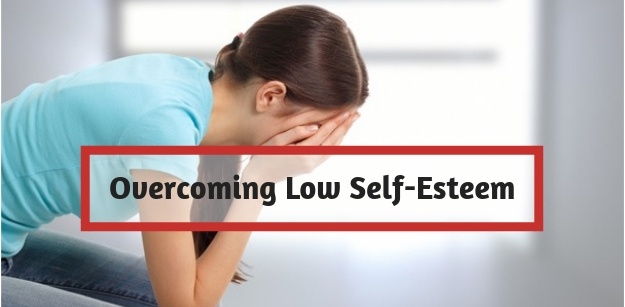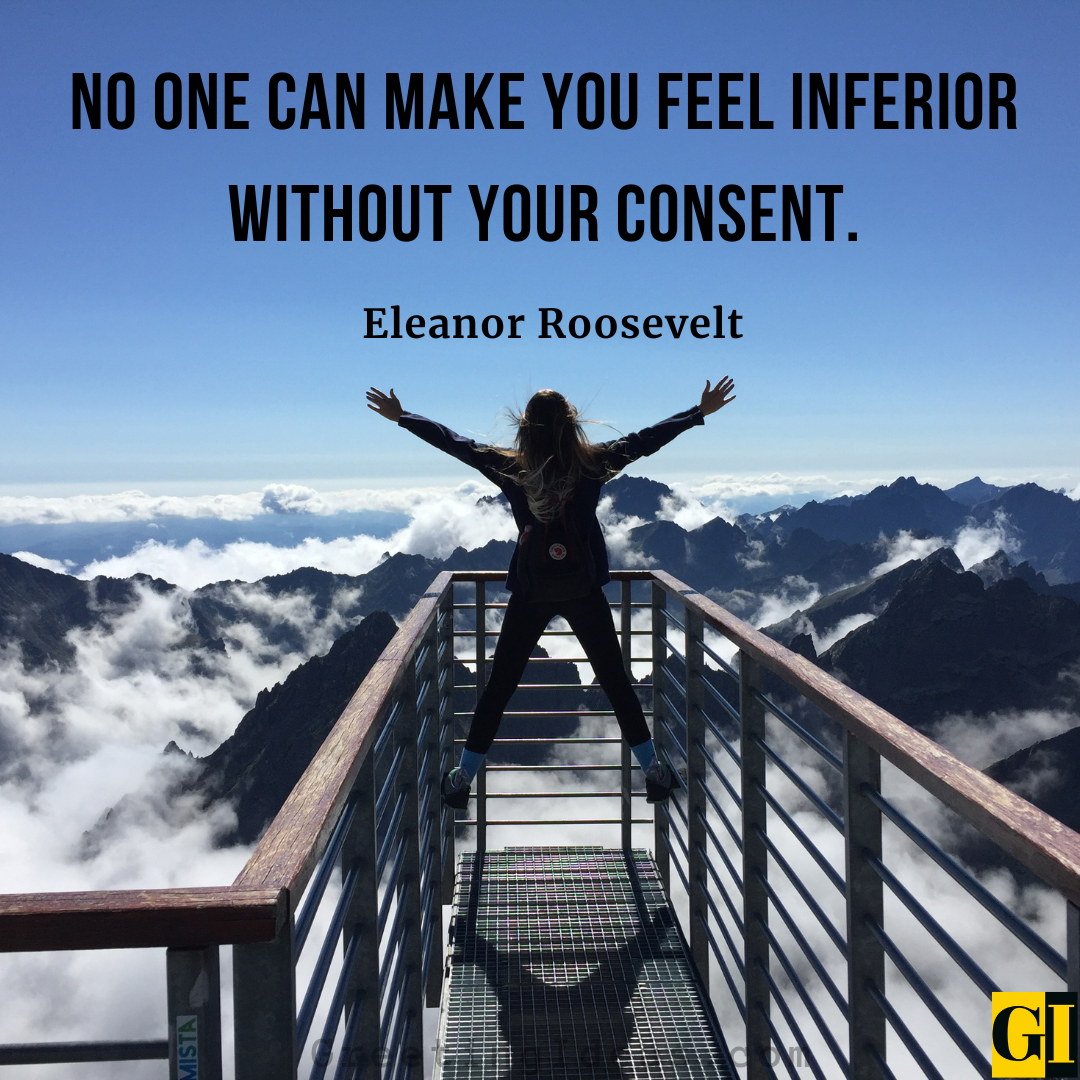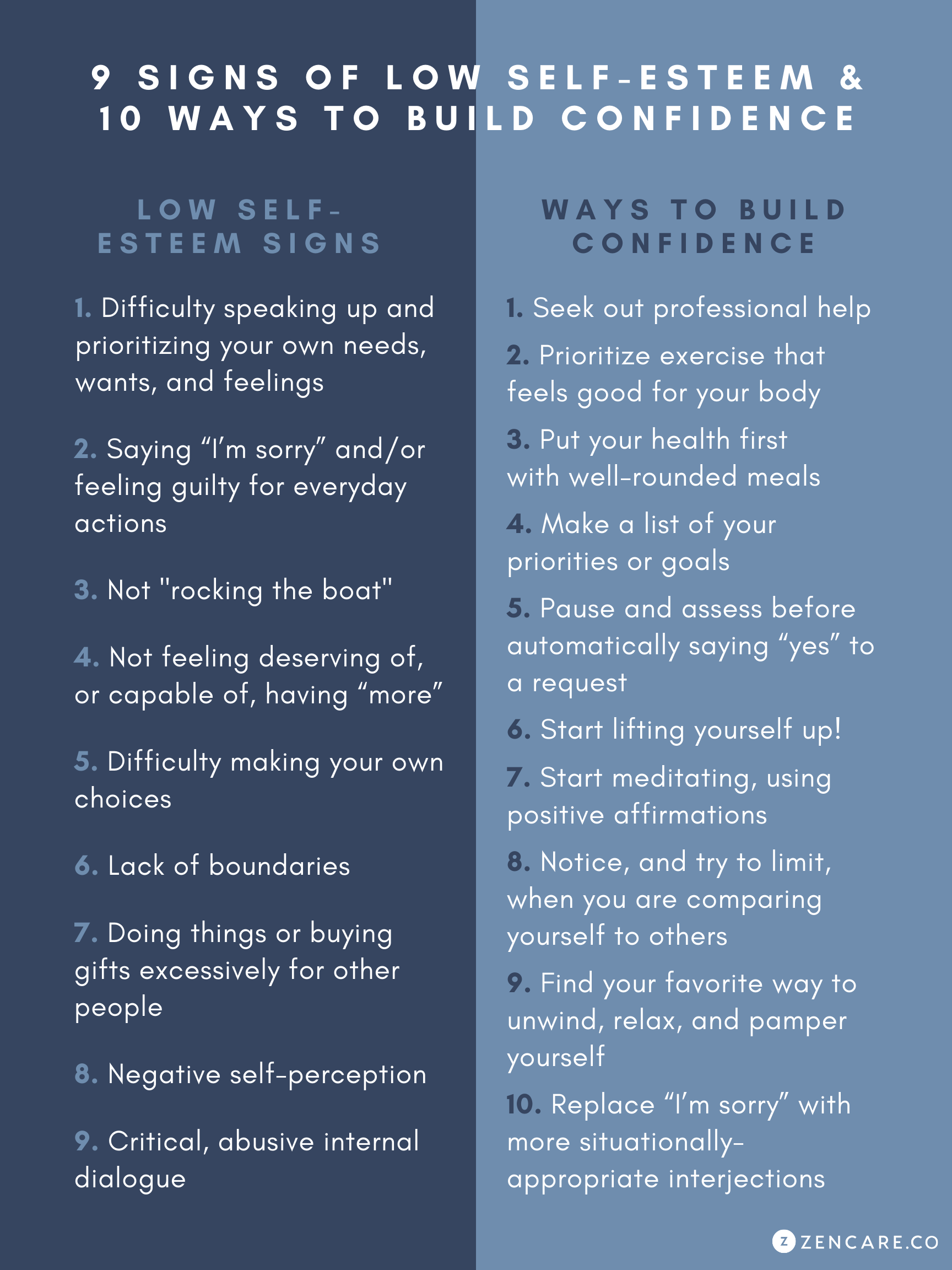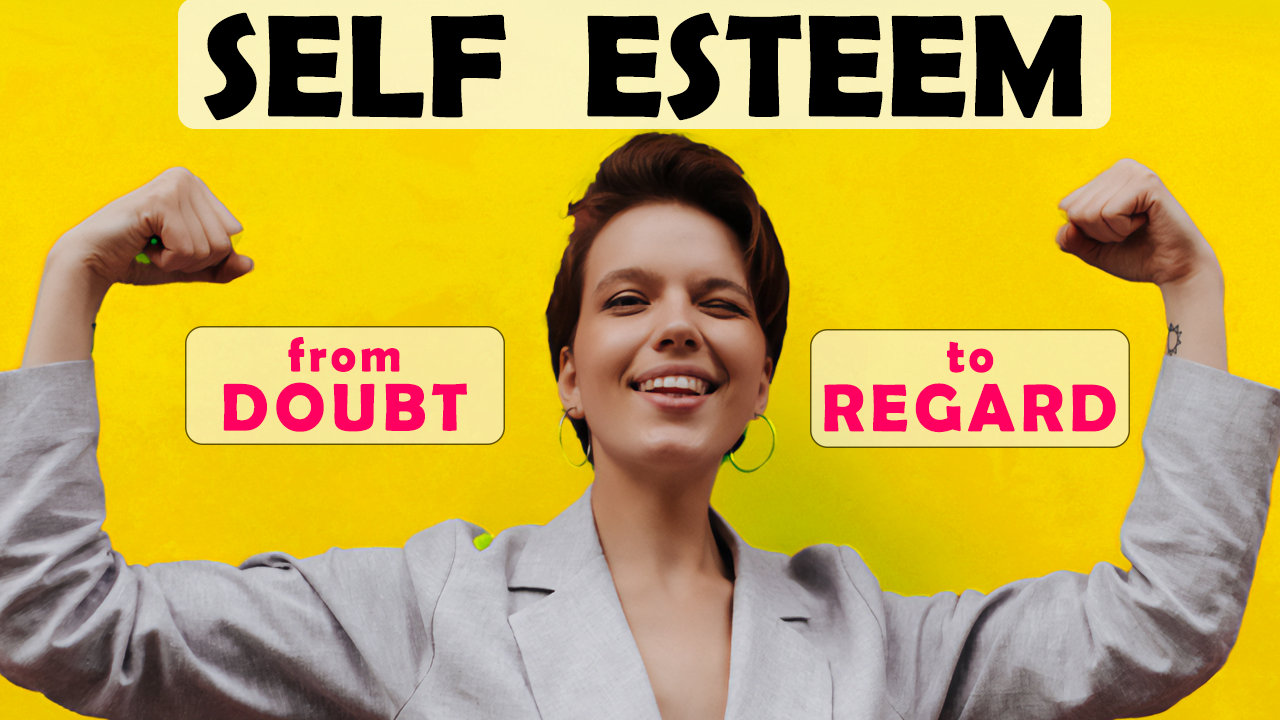Confidence Overcoming Low Self Esteem

The afternoon sun cast long shadows across the park as 25-year-old Maya stood hesitantly before a small group of strangers. Her palms were sweaty, her voice a mere whisper as she began to read her poem aloud. Each word felt like a monumental effort, a tiny victory against the relentless voice of self-doubt that had haunted her for years.
But Maya's story is not just about overcoming nerves; it's a testament to the power of building confidence and dismantling the pervasive grip of low self-esteem. It’s a journey many can relate to and offers insights and hope for those struggling with similar feelings.
Maya's struggle with low self-esteem began in her early teens, fueled by relentless comparisons to others and a sense of never quite measuring up. According to a study by the National Institutes of Health, "Adolescence is a particularly vulnerable period for the development of self-esteem issues, as individuals navigate complex social dynamics and identity formation."
This vulnerability manifested in Maya's life through withdrawal from social activities, a constant fear of judgment, and a reluctance to pursue her passions, particularly writing. "I always loved writing, but I was terrified of showing my work to anyone," Maya confessed. "I was convinced they would all think it was terrible."
The turning point came when Maya stumbled upon a local writing workshop. It was run by a community center focused on empowering individuals through creative expression. Intimidated but desperate to break free from her self-imposed prison, she hesitantly signed up.
The workshop's facilitator, a warm and encouraging woman named Sarah, emphasized the importance of self-compassion and positive self-talk. “We often treat ourselves far more harshly than we would ever treat a friend,” Sarah explained. “Learning to be kind to ourselves is a crucial step in building confidence.”
Sarah encouraged the participants to challenge their negative thoughts and replace them with more realistic and positive affirmations. Maya started small, writing down a list of her strengths each day, even when she didn’t feel them.
Over time, these small acts of self-affirmation began to chip away at her negative self-perception. She also found solace and support in the workshop community. Sharing her work and receiving constructive feedback in a safe and encouraging environment helped her realize that she wasn't alone in her struggles.
One of the key elements in Maya’s journey was setting realistic goals and celebrating small victories. Instead of aiming for perfection, she focused on progress. "Every time I completed a poem or shared my work, I felt a little bit stronger," she said.
Another important aspect was learning to accept criticism without internalizing it as a reflection of her worth. She learned to separate her writing from her identity, understanding that feedback was meant to help her grow, not diminish her.
Her journey highlights the importance of self-compassion and the power of supportive communities in overcoming low self-esteem. Organizations like the American Psychological Association (APA) emphasize that building self-esteem is an ongoing process that requires patience, self-awareness, and a willingness to challenge negative beliefs.
While Maya still experiences moments of self-doubt, she now has the tools and the support system to navigate those feelings. She continues to write and share her work, not for validation, but for the joy of creative expression and the connection it brings.
Back in the park, as Maya finished reading her poem, a ripple of applause filled the air. Her voice, though still a little shaky, resonated with authenticity and vulnerability. In that moment, Maya realized that her confidence wasn't about eliminating self-doubt altogether, but about having the courage to show up and share her voice, despite it.


















